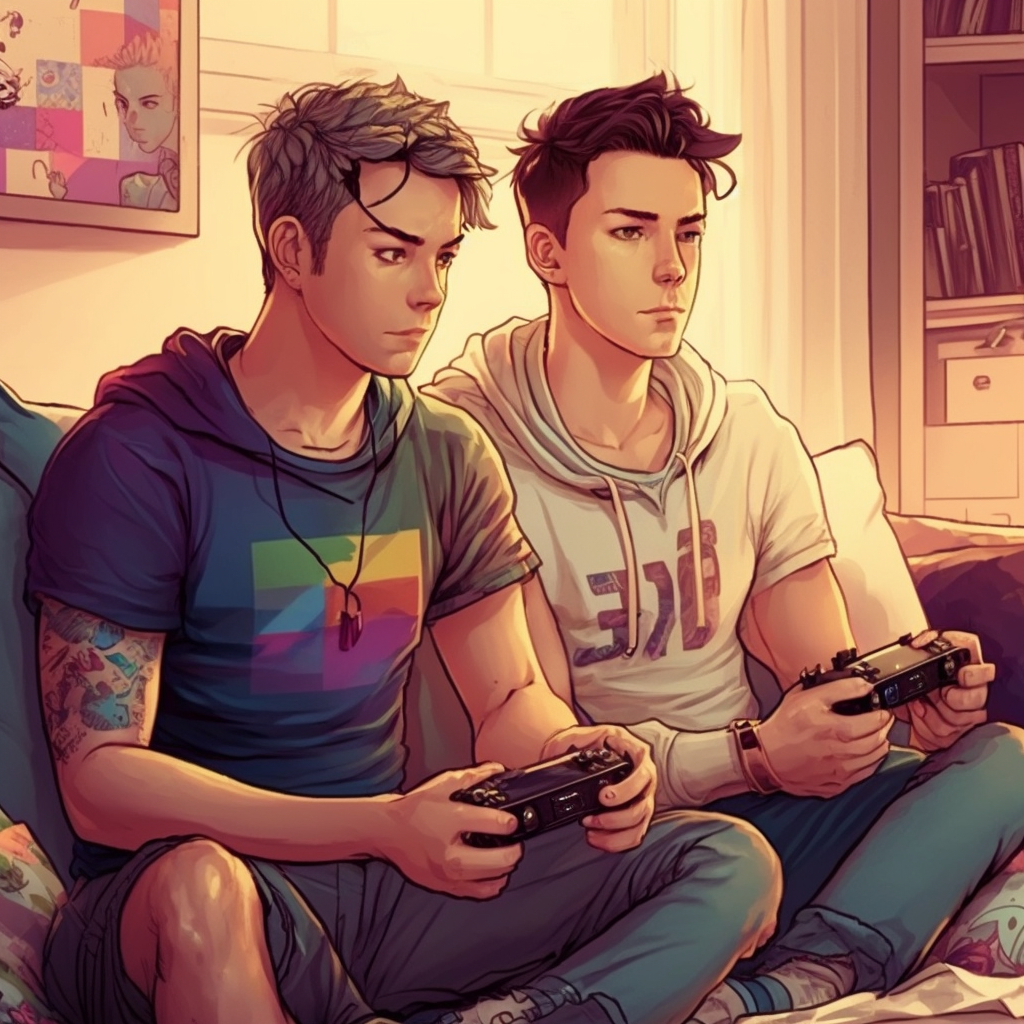
Video games have become one of the most popular forms of entertainment in recent years. From console games to mobile apps, there is something for everyone in the world of gaming. But as the gaming industry has evolved, so has its audience. One group in particular that has found a home in the gaming community is the LGBT community.
For many LGBT gamers, video games provide a safe space where they can be themselves and connect with others who share their interests. Games that feature LGBT characters or storylines can also help to raise awareness and promote acceptance of the LGBT community.
In recent years, the gaming industry has made significant strides in increasing representation and inclusivity for the LGBT community. Many game developers have included LGBT characters and storylines in their games, and some have even created games specifically for LGBT audiences.
One example of this is the game “Gone Home,” which tells the story of a young woman who returns home to her family after a year abroad. The game explores her relationship with her girlfriend and the challenges they face as a same-sex couple. Another example is “Life is Strange,” which features a main character who discovers she has the power to rewind time and must navigate a world of complex relationships and difficult choices, including a romantic relationship with another girl.
In addition to games with LGBT characters and storylines, there are also online communities and forums where LGBT gamers can connect and share their experiences. These communities provide a supportive environment where gamers can discuss their favorite games and social issues related to the LGBT community.
However, despite these efforts, the LGBT gaming community still faces challenges and discrimination from some players who are not accepting of non-traditional sexual orientations. Also, political and social changes in different countries, including Russia, where laws have been passed banning the promotion of non-traditional sexual relationships among minors, can lead to censorship and restrictions on the content of games that LGBT gamers love.
Nevertheless, the LGBT gaming community continues to exist and grow, and games are becoming increasingly inclusive and diverse. Ultimately, this only strengthens gaming culture as a whole, demonstrating that games are art and entertainment for anyone who wants to enjoy them.
In conclusion, the LGBT gaming community is an important part of gaming culture that enriches games and adds more diversity and inclusivity to them. We hope that games and the gaming industry will continue to move in this direction, and that all players will feel like they are part of this wonderful world.
Recent Comments
gmail com www
home
good
We want more Inmomakuro games!
Zama1991@
i can only see white
Fuck u
Almost anything else from insertions to fetish games is also here and all you need to start is op...
oww I'm so exited
Did they change the code?